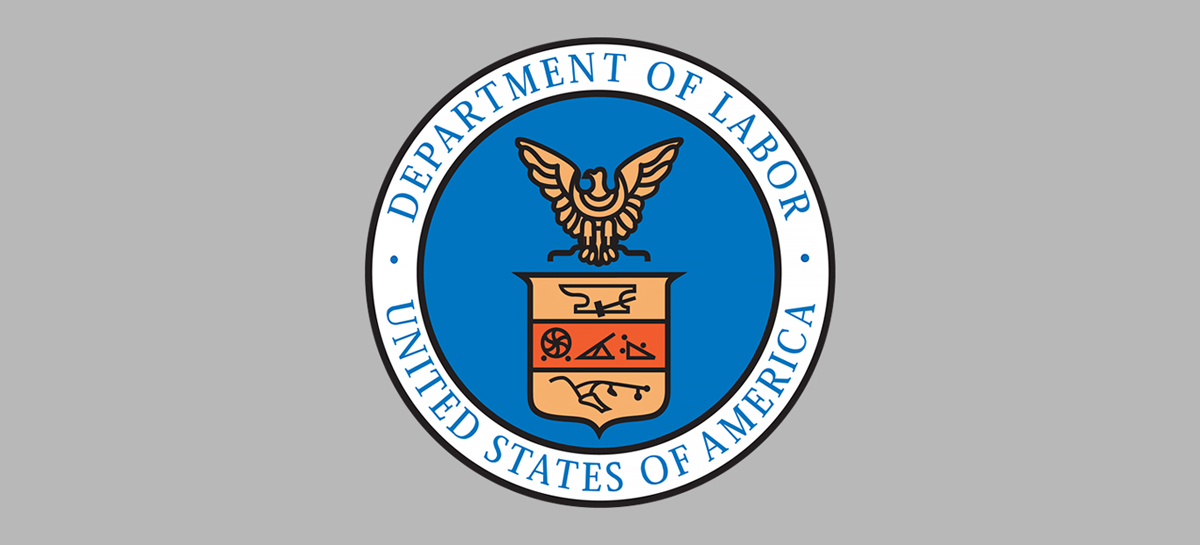
On Oct. 28, 2021, the U.S. Department of Labor (DOL) announced the publication of a new rule for tip regulations under the Fair Labor Standards Act (FLSA). The new rule clarifies that employers may only take a tip credit for tipped employees when these employees are performing work that is part of their tipped occupation. The new rule becomes effective on Dec. 28, 2021.
Workers can only be paid the tipped minimum, established under federal law at $2.13 per hour, for tasks that directly support tipped work and do not take up more than 20% of a worker’s time or 30 consecutive minutes.
Tip Credit: Section 3(m) of the FLSA permits an employer to take a tip credit toward its minimum wage obligation for tipped employees equal to the difference between the required cash wage (which must be at least $2.13) and the federal minimum wage. Thus, the maximum tip credit that an employer can currently claim under the FLSA section 3(m) is $5.12 per hour (the minimum wage of $7.25 minus the minimum required cash wage of $2.13). Under certain circumstances, an employer may be able to claim an additional overtime tip credit against its overtime obligations.
Dual Jobs – The DOL recognizes that some employees routinely engage in both tipped and nontipped occupations. These are known as “dual job” situations. However, the DOL also recognizes there is a difference between employees with dual jobs and employees who incidentally engage in nontipped occupations, such as maintenance work and preparatory or closing activities.
The new rule clarifies that employers can take a tip credit for the time a tipped employee spends performing work that is not tip-producing (but directly supports tip-producing work) unless that work is performed for a substantial amount of time. Tip-producing work is “any work performed by a tipped employee that provides service to customers for which the tipped employee receives tips.” Directly supporting work is work performed by a tipped employee in preparation of or to otherwise assist tip-producing customer service work.
Substantial amount of time – The new rule defines “substantial amount of time” as either (1) at least 20% of the hours in the workweek for which the employer has taken a tip credit or (2) a continuous period of time of at least 30 minutes. The new rule provides a number of illustrations to help employers navigate different scenarios.
Employers with tipped employees should review their current policies and procedures to prepare for the December 28th effective date. If you have any questions about the new rule, or any other HR and Payroll topic, contact us today.